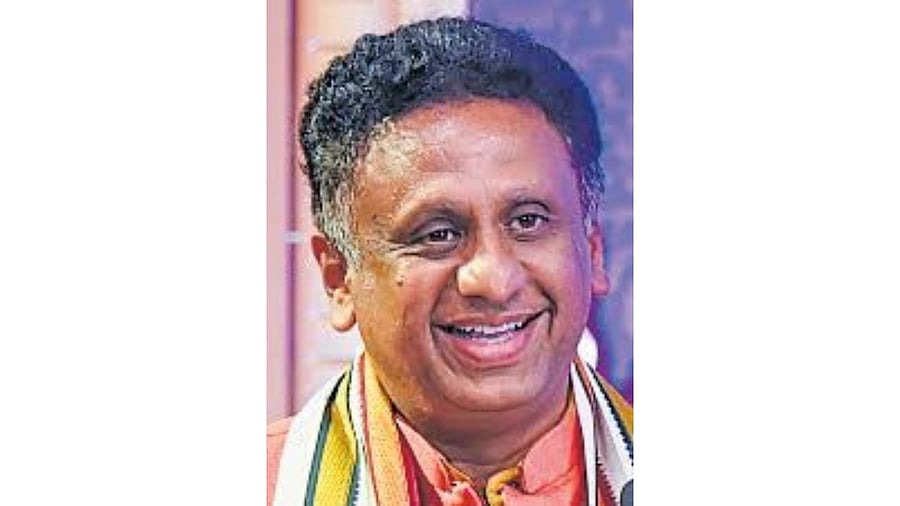
Dr M C Sudhakar.
Credit: Special Arrangement
Karnataka Higher Education Minister Dr M C Sudhakar is taking the lead in mobilising the opposition by the states not ruled by the Bharatiya Janata Party or its allies against the draft regulation published by the University Grants Commission revising the process for selection and appointment of vice-chancellors of the varsities. In an interview with DH’s Rashmi Belur, the minister explained why Karnataka and other states raised objections to the draft UGC regulations.
Excerpts:
Why is Karnataka opposing the latest UGC draft regulations?
I would like to ask a few questions which will in turn give answers to your questions. Who is establishing the state universities? Who is funding the state universities? Who is answerable to the public even when a small issue like a fee hike happens? Who does give salaries and pensions to the staff of the state universities? The answer is state governments. So, the rights of the state governments should not be undermined. But the UGC’s draft regulations seek to do it.
The chancellors are appointing the vice-chancellors even now. How does the UGC seek to change the process and why do you find it objectionable?
Currently, a four-member committee is constituted with the nominee of the state government as chairman, and nominees of chancellor, UGC and syndicate as members. The selection and appointment are being done by the chancellor in concurrence with the state government. Now, if you straightaway remove the state nominee and say that the state has no role in the appointment of vice-chancellors, then appointees would say they are answerable to the chancellor as the government has no say in their appointment.
Do you have any other objection to the UGC’s draft regulations?
We are also not happy that the tenure of the vice-chancellors increased from four years to five years. What is also objectionable is that even non-academicians are being allowed to be appointed as vice-chancellors.
The draft regulations warn that any violation could attract debarment from participating in UGC schemes and denial of funding under the UGC Act. How would you deal with this?
Even now the UGC is not giving anything. There has hardly been any funding from the UGC for almost 10 years. It is the state government which is providing all the funding.
Why are the private universities silent?
The UGC draft regulations apply to all private universities too. I don't know why they haven't realised it and haven’t yet come out against it. They might be afraid of the Enforcement Directorate or Income Tax Department of the Centre.
Which are the states taking part in the conclave you convened on February 5 to discuss the response to the UGC’s draft regulations?
I have personally spoken to a few of them. The ministers of Tamil Nadu, Kerala, Mizoram, Jharkhand, Telangana, Himachal Pradesh, and Jammu and Kashmir have confirmed their participation. The West Bengal minister said that he would revert after discussing with the chief minister.
How would you respond if the Centre tries to impose it? Will you go for a legal battle?
A: We will explore other options if the Centre tries to impose. The UGC and the Union Government should understand that their whims and fancies might have long-term consequences. If they do not address our concerns, we will have to explore other options to oppose. We will discuss with other states how we can go about it. We will take a collective stand. If required, we will move the court.